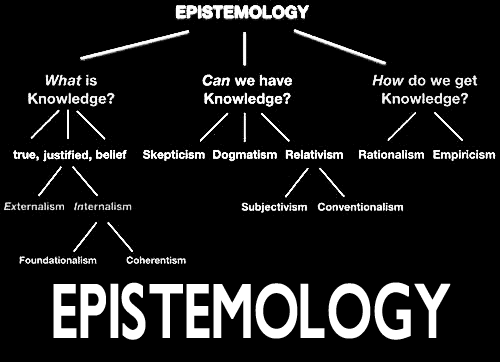
National Association of Christian Ministers Summary Series: Theology

Epistemology is the branch of philosophy concerned with the nature of knowledge, belief, and justification.
It seeks to answer questions such as:
What is knowledge?
How do we acquire knowledge?
What makes a belief justified or unjustified?
How can we be certain of anything?
What does it mean that anything has meaning?
Epistemology considers different sources of knowledge, including perception, memory, reason, and testimony, and evaluates their reliability and limitations. It also examines different theories of truth, such as correspondence, coherence, and pragmatic theories.
Epistemology also explores the relationship between the knower and the known, and how this relationship shapes our understanding of reality. It considers the role of biases, assumptions, and values in shaping our beliefs and how we can overcome them to arrive at more objective and reliable knowledge.
Epistemology has practical applications in fields such as science, education, and ethics, where it provides a framework for evaluating and improving our understanding of the world and our place in it.
Epistemic thinking refers to the ability to think critically and reflectively about one’s own knowledge and beliefs, as well as the knowledge and beliefs of others. It involves recognizing the limitations of one’s own knowledge and seeking to expand it through inquiry and analysis.
Epistemic thinking includes several key components, including:
1. Metacognition: the ability to reflect on one’s own thinking processes and knowledge.
2. Critical thinking: the ability to evaluate information and arguments in a systematic and logical manner.
3. Intellectual humility: the recognition that one’s own knowledge and beliefs may be incomplete or flawed.
4. Open-mindedness: the willingness to consider and evaluate different perspectives and ideas.
5. Curiosity: the desire to learn and explore new ideas and information.
6. Skepticism: the questioning of assumptions and claims, and the recognition that some knowledge may be uncertain or contested.
Developing epistemic thinking skills can help individuals become more effective learners and critical thinkers, better able to navigate complex and changing information environments.




